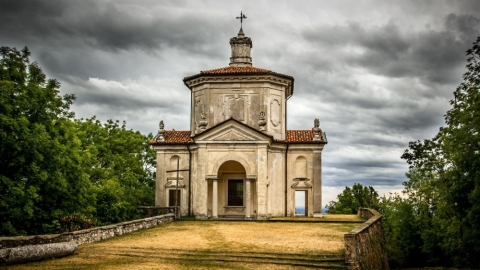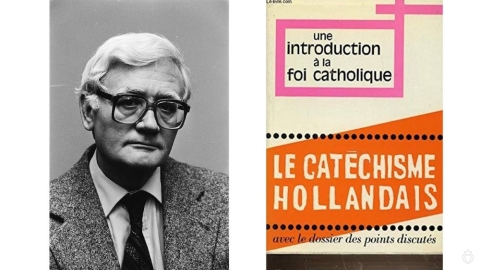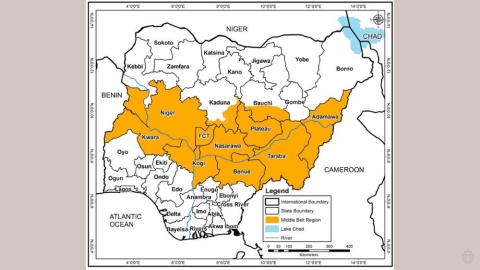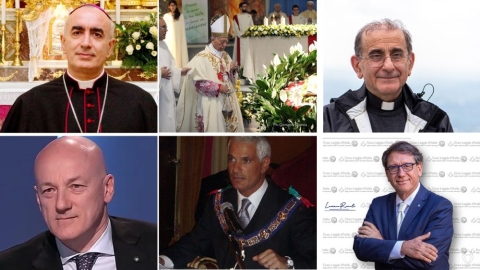Rome: Cardinal Roche Sends a Letter of Warning to the German Bishops
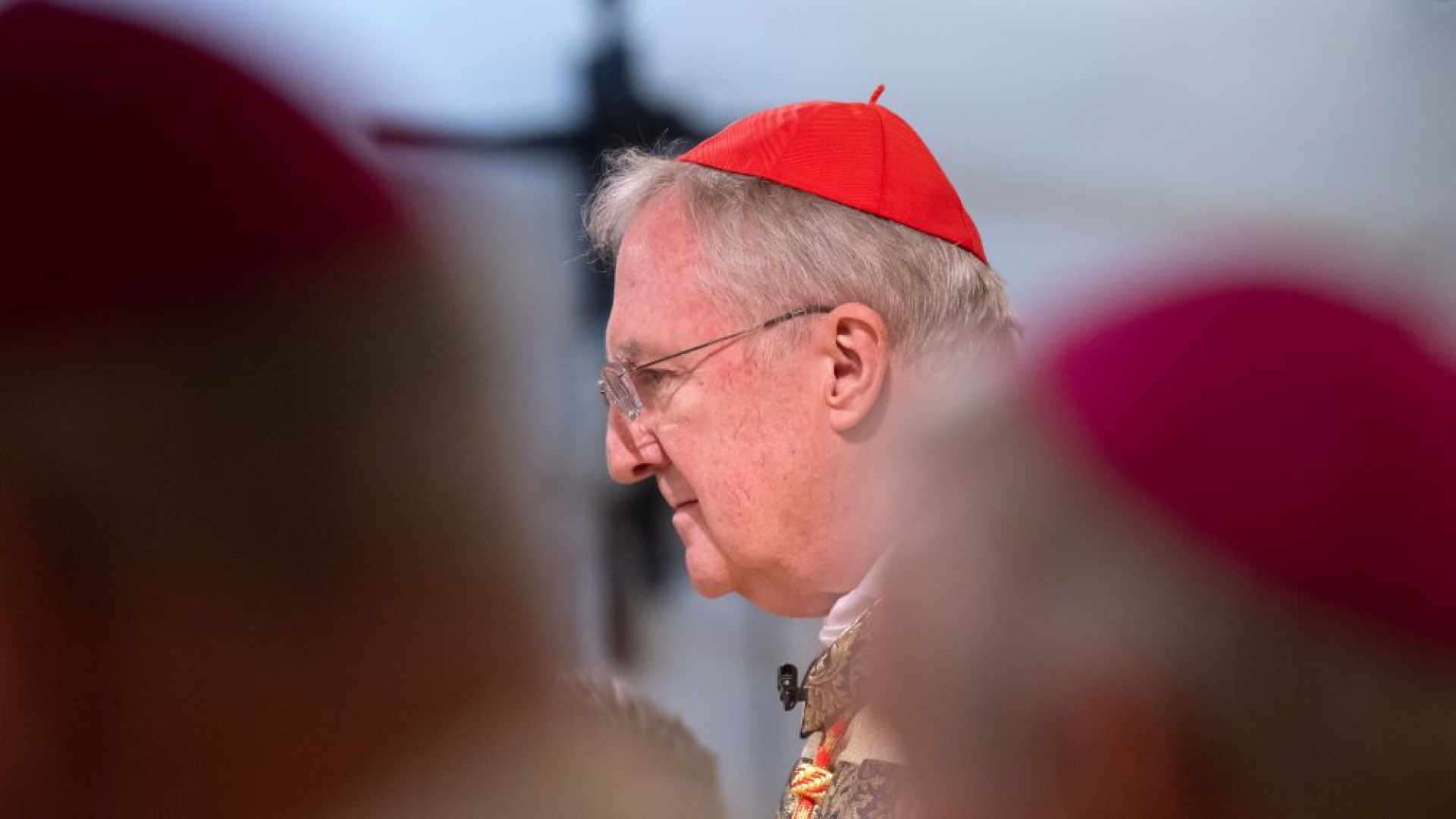
Cardinal Arthur Roche
The Prefect of the Dicastery for Divine Worship and the Discipline of the Sacraments, Cardinal Arthur Roche addressed a seven-page letter to Bishop Georg Bätzing, President of the German Episcopal Conference (DBK), on Wednesday, March 29, 2023, to warn German bishops.
The katholisch.de site obtained a copy of this letter. The purpose of the letter is to warn the DBK against practices incompatible with the doctrine of the Church or current canon law, practices approved by the last Assembly of the Synodal Path at the beginning of March.
Laity Preaching During the Mass
The Prefect of the Dicastery for Divine Worship refers to the liturgical law in force, which only authorizes clerics to preach at Mass. “It is not a question of an exclusion of the laity nor of a negation of the right and the duty of all baptized people to announce the Gospel, but rather of a confirmation of the specificity of this form of preaching which is homily,” he said.
It is not a question of creating inequalities between the baptized, but of recognizing “that there are distinctions made by the Spirit, which engender different, distinct and complementary charisms,” continues the letter. By virtue of the sacrament of orders, the ordained minister is responsible for the proclamation of the Word as well as for the consecration.
“The Word and the sacrament are inseparable realities and, insofar as they are not only the formal expression of the exercise of the 'sacra potestas' [sacred power], they are not separable and cannot be delegated,” he concludes.
Cardinal Roche suggests that the skills acquired by the laity be used for catechism and other forms of preaching outside the liturgical celebration.
The Administration of Baptism by the Laity
A text voted at the last Assembly of the Synodal Path, on Friday March 11, requires from the German bishops an authorization in principle concerning “the introduction of the extraordinary administration of baptism according to can. 230 §3 CIC 1983.” In other words, to allow in an ordinary way what is the object of extraordinary cases.
Cardinal Roche refers to the law in force which provides for baptism by lay people only in the event of the absence or impediment of a cleric. This condition is met when a minister cannot be contacted within one month. Such circumstances “do not seem to exist in any diocese within the domain of the German Episcopal Conference,” he adds.
The “Ecumenical Rite” of Baptism Is Invalidated
In his letter, Archbishop Roche indicates that the ecumenical rite of baptism for children of families of different confessions, published in 2021 by certain German dioceses and certain regional Protestant churches, has not been approved and therefore cannot be used.
Finally, Cardinal Roche recalls the rules on the translation of liturgical texts, which must be “faithful and appropriate” and transmitted to the Holy See for “recognition” or approval.
Reactions in Germany
On behalf of the episcopal conference, a spokesperson said Thursday that dialogue with Rome would continue to be sought, as the letter itself suggested.
The press secretary of the Central Committee of German Catholics (ZdK) said the committee welcomed the letter from Rome. But she explains that the practice of the German Church is already more advanced than the current teaching of the Church on baptism and preaching: “In a few years, no one will be able to seriously oppose it.”
The homily by lay people has at least been tolerated for years in some dioceses. In the diocese of Rottenburg-Stuttgart, this has existed since 1999 under the impulse of the then bishop, Walter Kasper. At the end of 2022, the current bishop of Rottenburg, Gebhard Fürst, put into effect a decree allowing lay theologians to administer baptism.
In the spring, the diocese of Essen had already commissioned the first pastoral and community agents to administer baptism. In the Swiss diocese of Basel, lay people have been baptizing for years, and since 2019 also in parishes that are not run by lay people. The list is not exhaustive.
Conclusion
Cardinal Roche’s intervention is certainly welcome, clear, and well-argued. But the question that must be asked is the following: how far will he go to bring the German bishops back into line? The first reactions leave no doubt about the will of the bishops and the faithful of Germany to implement the decisions of their Synodal Path.
It will be much more difficult to make them fall into line than to strike with redoubled blows on the priests and the faithful who use the traditional rite. Until now, none of the Roman interventions, since the beginning of the Synodal Path, has had any effect, whether it comes from the Pope or from the Curia, with the exception of a modification of the Statutes.
The results of this action will be a touchstone of the real strength of the Curia, and of the Prefect of the Dicastery for Divine Worship and the Discipline of the Sacraments in particular, in the face of the German Episcopate.
(Sources : katholisch.de/CNA – FSSPX.Actualités)
Illustration : Flickr / Catholic Church England and Wales (CC BY-NC-ND 2.0)

